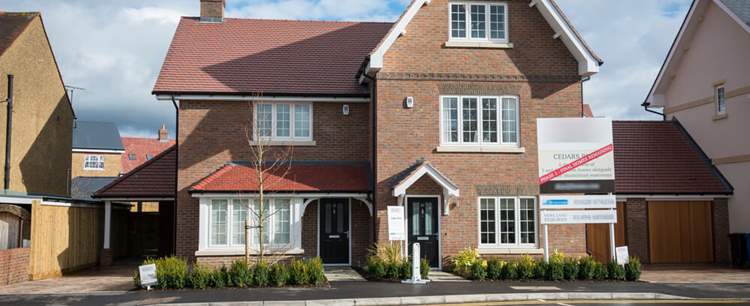If your property stands unoccupied for more than a maximum number of consecutive days, typically specified in the policy detail, any standard landlords’ cover may become invalid.
In order to continue to cover your risks in areas such as buildings and contents insurance, you may need to take out unoccupied property insurance – typically available from specialists such as UKinsuranceNET.
Although this would typically maintain your cover even in situations where your property is unoccupied for extended periods, it may bring with it certain conditions that might be slightly different to those you are familiar with.
External appearances
Regrettably, property that is unoccupied might be at substantially higher risk of being on the receiving end of the unwanted attentions of people such as burglars, vandals, squatters and arsonists.
These groups typically are more cautious about properties with occupants, as they may entail a greater risk of the perpetrators being discovered in the course of their activities.
For that reason, an unoccupied policy may contain both general and specific clauses relating to the need for you to keep your property in apparently occupied external condition.
What that might mean in practice is:
- making sure that your garden is clean and tidy – and with grass cut;
- putting a light on a timer switch;
- avoiding the accumulation of unopened mail in letter boxes;
- moving curtains around periodically in order to make them look something other than static;
- avoiding things such as builders’ signs being erected in the garden or hanging out of windows etc.
Safety and problem prevention
In this category, you may find stipulations relating to:
- draining down all plumbing and heating systems for the duration (there may be some exceptions during winter if you need to keep heating on at a low level in order to avoid frost damage);
- switching off gas and electricity at the point of entry into the property (apart from in conditions such as those mentioned above);
- making regular visits to the property for inspection purposes. That might include the need to keep a diary record of your visits and a note of any corrective maintenance you undertook during them.
The implications of these conditions
In practice, conditions such as those above, which may be stipulated in a policy providing unoccupied cover, are typically not demanding or unreasonable. They may be largely a matter of common sense and the sort of things that a sensible landlord would consider doing in any such situation.
Nevertheless, it might be a sensible idea to look closely at the details of any policy of this type to make sure that you understand the conditions and that you are in a position to comply with them.






